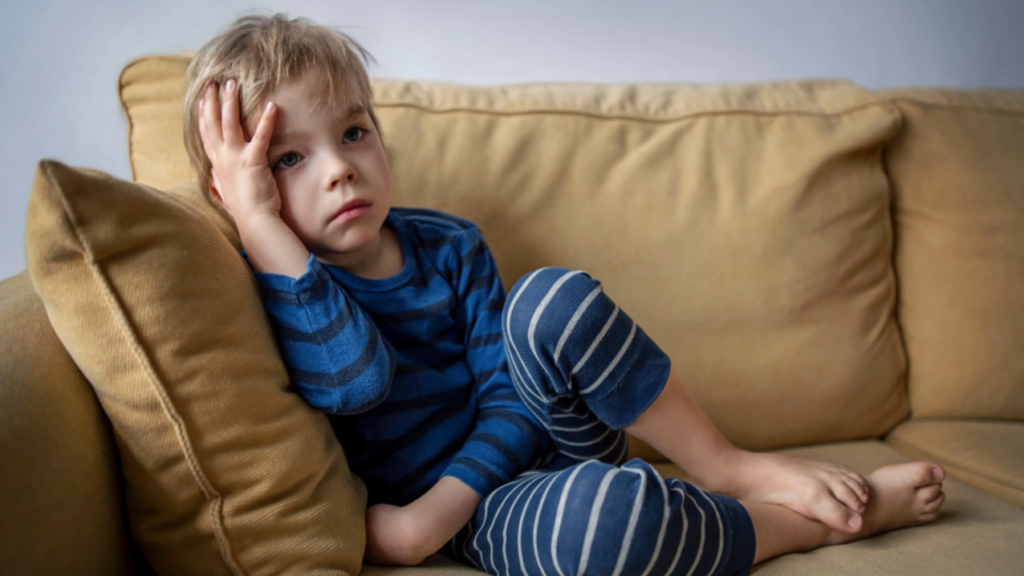
Children are often too scared or ashamed to disclose abuse. It is estimated only 10% (1 in 10 children) of child victims ever come forward on their own. Children depend on caring-adults. It is important to know about possible changes in behavior and/or other indicative signs.
Children who are abused may not be able to express their feelings safely and as a result, may develop difficulties regulating their emotions.
Physical Signs of Abuse
Being able to recognize the physical signs of abuse can be crucial in identifying an abusive situation and taking steps to protect a child from further abuse or neglect. These are some common injuries/signs observed in children who have been physically or sexually abused and/or neglected:
| Bruises, welts or swelling | Sprains or fractures |
| Burns | Lacerations or abrasions |
| Difficulty in walking or sitting | Torn, stained or bloody clothing |
| Pain or itching in the genital area; bruises or bleeding in the external genital area | Sexually transmitted infections or diseases |
| Lack of adequate supervision, nutrition or shelter | Poor hygiene |
Mental/Emotional Effects of Abuse
The following are SOME of the possible effects, or indications, of child abuse and neglect on a child’s mental health and well-being:
| Anxiety | Depression |
| Dissociation | Difficulty concentrating |
| Academic problems in school-aged children and adolescents | Withdrawn and/or difficulty connecting with others |
| Flashbacks | Increased hyper-vigilance |
| Difficulty sleeping | Eating disorders |
| Drug use | Risky sexual decision-making |
| Self-harm | Discomfort with physical touch |
What Influences Child Abuse and Neglect?
Child abuse and neglect are not confined to any particular socioeconomic class, race or ethnicity, or religion. Children younger than 4 are at the greatest risk of severe injury or death. There are a number of situations that place children at particular risk for being abused or neglected, including:
- Parents who were themselves abused as children
- Teenage parents
- Parental or family substance abuse
- Parental depression, stress, or other mental health problems
- Family violence, such as intimate partner violence
- Unemployment and poverty
- Community violence
- Family isolation
- Parents who lack knowledge of child development and children’s needs
- Lack of caregiver support for dealing with children with disabilities or developmental delays
